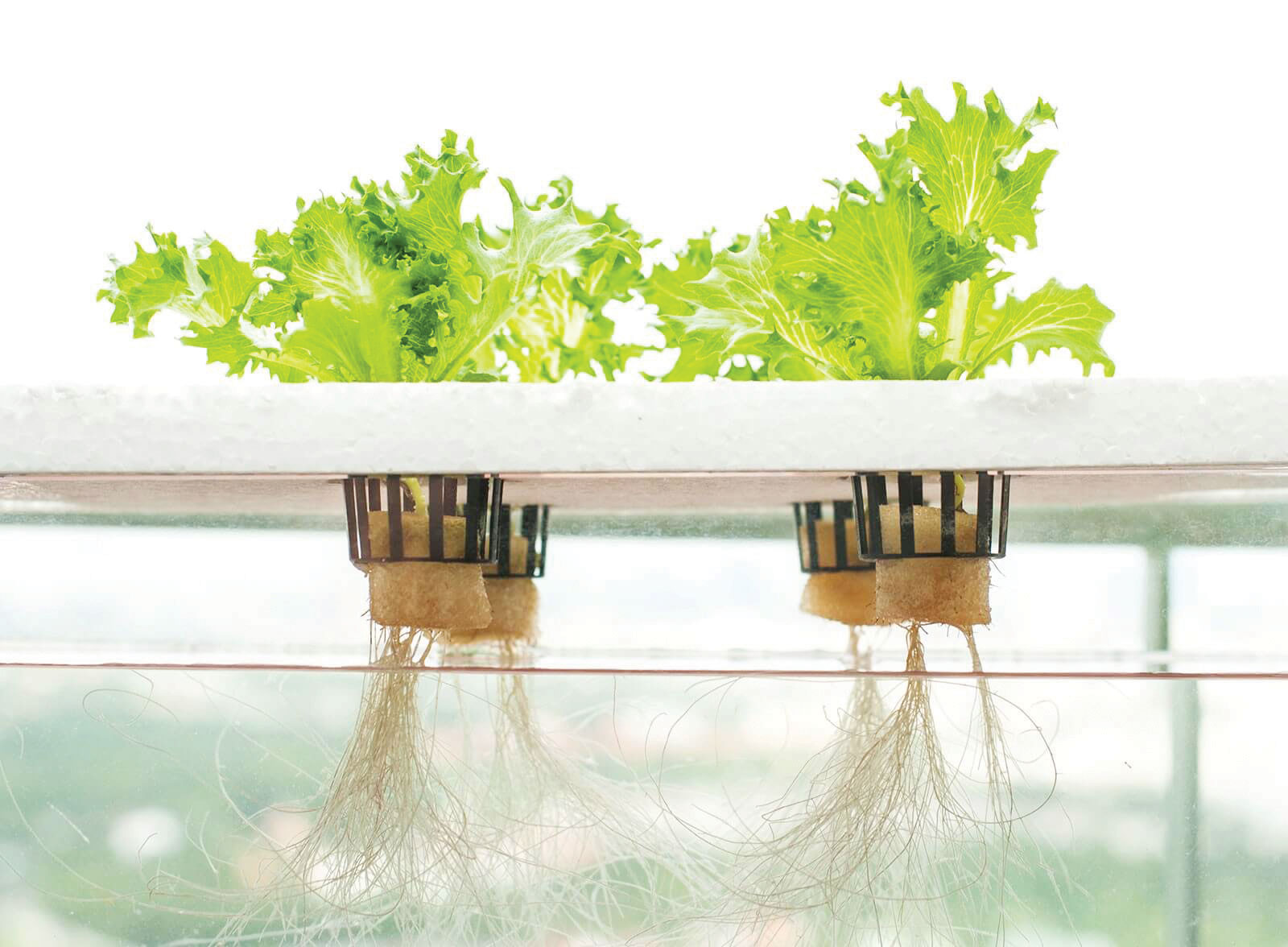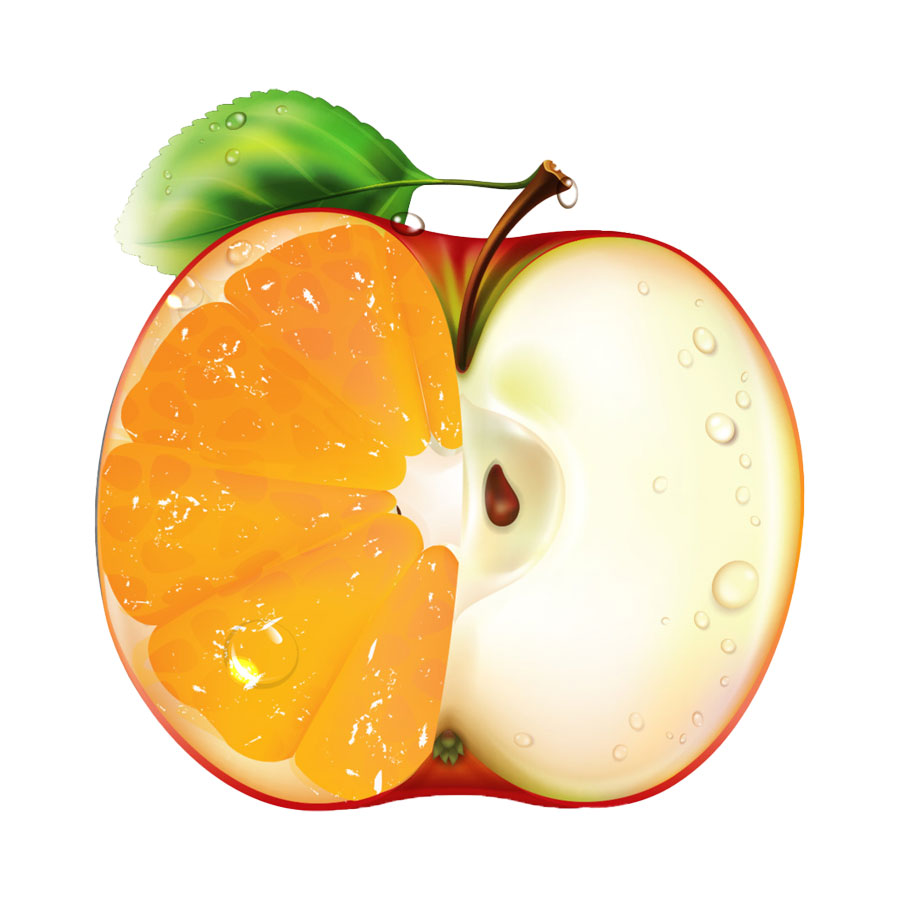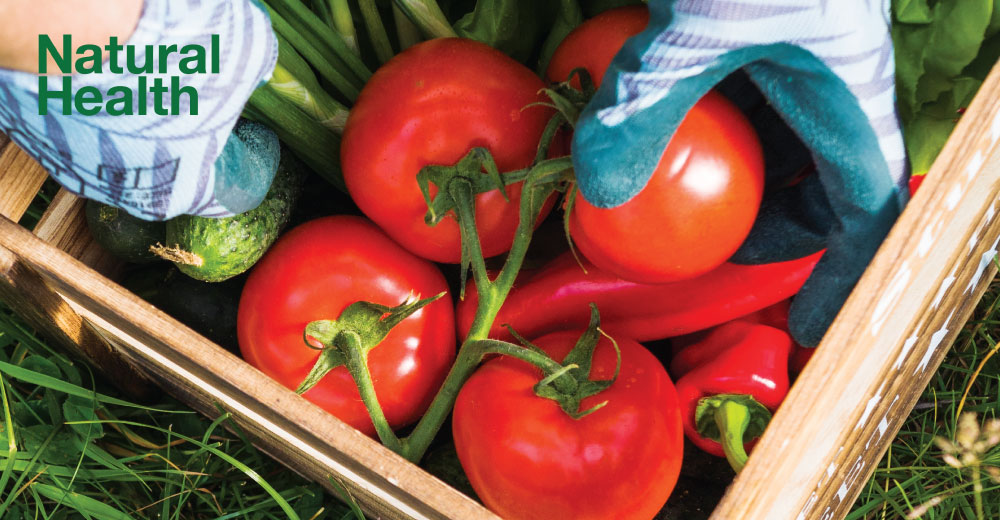Food production took a somewhat bad turn when mankind started to produce edible products in masses. As the need for bigger yields rose, food manufacturing chains beginning from farms and plantations right up to factories, bent to accommodate this need. Needless to say, they had to speed things up too. Today, much of the food we find in our supermarkets and grocery stores reflect these undesirable yet perceivably necessary changes. They are also accompanied with ridiculous expiry dates (due to loads of artificial preservatives), and very little nutritional value left in them due to over-processing. Organic food however, is the complete opposite of all these. If you’re sitting on the fence on the decision of going organic, we hope this piece will help you make the right choice.
Avoiding “Forced” Freshness
That’s right – most packaged food we buy from the shelves are ‘forced’ to stay fresh with the use of artificial preservatives. Needless to say, these are foreign substances that really have no business being in the human body, but due to loose regulations, they seem to be a ‘normal’ part of countless packaged food today. Almost every item of mass-produced food products, such as biscuits, canned foods, beverages, candies, snacks and so on, contain considerably high amounts of artificial preservatives to help them boast a longer shelf-life. So, when you’re out there buying them, and you’re comparing the expiry dates to see which is still ‘fresh’, well, you’re actually just saying ‘yes’ to artificial additives in your food – think about it!
The organic versions of these products however, will have a much shorter shelf life, and that’s a good thing, for it simply means that it contains only natural ingredients, which tend to go bad quicker. So, go for these and don’t forget to consume them in time!
Would You Knowingly Ingest Dangerous Pesticides?
It’s a tricky question, actually, simply because we’d definitely be consuming harmful pesticides – each time we pick up a fruit or a vegetable that isn’t organic, and/or looks visually perfect to the eye! The reason they look too perfect is not because they’re tended to all day to ensure no bugs munch on them, but because they’re sprayed with insecticides to keep those bugs away. When farmers spray the plants with too many pesticides, the fruit/vegetable tends to retain most of those chemicals.
Irrespective of how well you wash your greens, some of these chemicals won’t budge, and you end up consuming them. But that’s not the case with organic food, for they’re produced mainly using safe and natural ways to ward of plant insects, or else they can’t be referred to as organic produce. In any case, if you find that organic food costs more and it’s difficult to incorporate them into your daily diet, there are still ways you can safely eat fruits and vegetables. Get acquainted with two specially created list by the Environmental Working Group (EWG) from the US, whereby they identify and update us on which fruits and vegetables should be bought organic and which should be safe enough to be bought from the non-organic sections. It’s called the EWG’s Shopper’s Guide to Pesticides in Produce™ @ The Dirty Dozen and The Clean 15
The Dirty Dozen consist of strawberries; spinach; kale; nectarines, apples, grapes, peaches, cherries, pears, tomatoes, celery and potatoes. +EWG’s Dirty Dozen Plus: Hot peppers.
The Clean 15 is made up of: Avocados; sweet Corn; pineapples; sweet peas (frozen); onions; papayas; eggplants; asparagus; kiwi; cabbage; cauliflower; cantaloupe; broccoli; mushrooms and honeydew melon.
It’s important that foods from the Dirty Dozen list be bought organic, where else foods from the Clean 15 can be bought from the non-organic section if you can’t afford the organic versions.

More Nutritious Than Conventionally Grown
Food is meant to nourish and energise the body. However, when the food you eat, especially on a daily basis, is contaminated with harmful substances, it will in turn, harm your body instead of nourishing it. Organic fruits, vegetables, meat, milk, fish and poultry are nutrient-rich, because they’re not tainted with pesticides or genetically modified, making them free of foreign antibodies. Because of being fostered in natural environments and produced by natural means, they are far healthier compared to conventionally produced foods. Keep in mind that, each time you pick organic from the supermarket, you’re making a choice to eat healthier – no two ways about it!
Better Tasting Food
Organic food, due to its nature of growth and production, often taste so much better than conventional food. One of the reasons is that the crops are given enough time to grow and mature. Also, they are grown in naturally favourable conditions and are produced without dangerous chemicals. Apart from preserving their nutritional value, these natural methods of farming help retain their original taste and fragrance. All in all, organic foods are a nice package of health and taste!
Cares For Your Immune System
Injecting growth hormones into plant foods and livestock is sadly, a norm in our mass-producing food industry. They are used to maximise the size of plants and animals. And ultimately, they end up in the bodies of consumers worldwide. The effects on the human body may not be seen or felt immediately, but eventually, they will show up as sicknesses and illnesses due to a weakened immune system. Organic foods on the other hand are not just the safest choice, but they also provide pure nutrition for the body and helps to build better immunity too.
The Price Tag May Be Higher But…
Organic food may come with higher price tags due to the extra effort and resources that were needed to bring them to you, but at the end of the day, it’s the way your body responds to the benefits that should count. Although it’s a sad reality that much of conventionally grown and produced foods available for us out there are the antonym of what a human body needs to live a long and healthy life, the facts that prove it have already been validated.
GMO?
No, Thank You
 You’ve probably heard of, or know all too well of Genetically Modified Organisms, or GMOs. They are the result of laboratory processes, where the DNA of a particular organism (plant/animal) is modified and manipulated. These altered genes are then transferred to the genes of other organisms, to ensure that they survive certain conditions. They are also ‘engineered’ to be insect resistant and herbicide-tolerant. This way, certain crops can be mass-produced quicker. Examples of genetically modified crops are soybeans, corn, sugarbeets, alfalfa as well as canola. When it comes to organic vegetables, they are naturally grown in favorable seasons, and rest assured, their genetics are intact, so you need not worry about consuming foods that are genetically modified, and simply ‘unnatural’.
You’ve probably heard of, or know all too well of Genetically Modified Organisms, or GMOs. They are the result of laboratory processes, where the DNA of a particular organism (plant/animal) is modified and manipulated. These altered genes are then transferred to the genes of other organisms, to ensure that they survive certain conditions. They are also ‘engineered’ to be insect resistant and herbicide-tolerant. This way, certain crops can be mass-produced quicker. Examples of genetically modified crops are soybeans, corn, sugarbeets, alfalfa as well as canola. When it comes to organic vegetables, they are naturally grown in favorable seasons, and rest assured, their genetics are intact, so you need not worry about consuming foods that are genetically modified, and simply ‘unnatural’.


